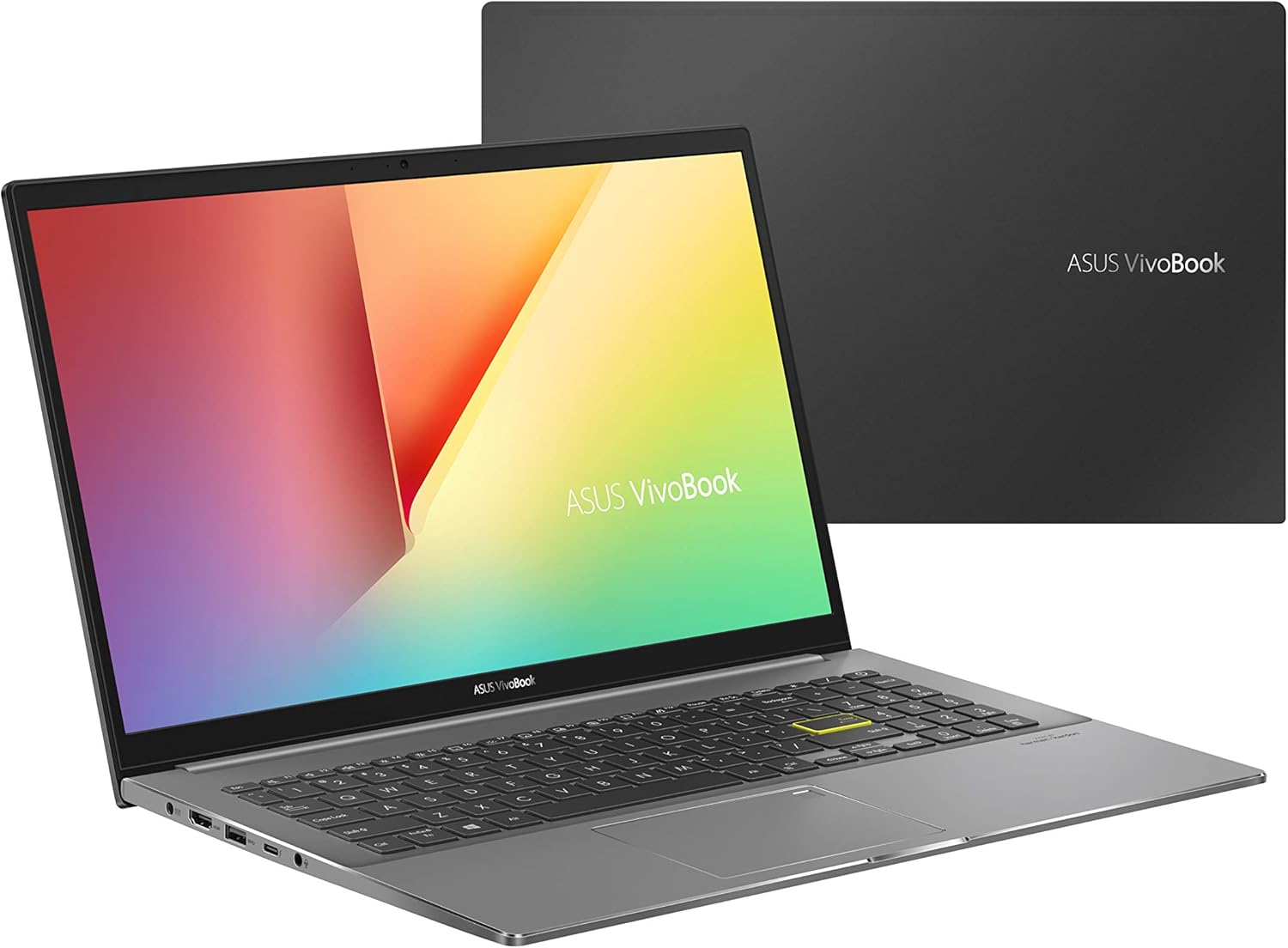Settings and tricks to browse the internet from iPhone and iPad completely using Safari as a browser
Safari for many iPhone and iPad users is the best browser we can use since over the years it has remained simple to use but with many useful functions and features (added with each operating system update).
It is no coincidence that Safari is the most used browser on iPad and iPhone, also because it remains the fastest to load web pages on Apple-branded devices also thanks to the great optimization that has always accompanied Apple products.
If Safari is your reference browser on iPhone and iPad, you are in the right guide: in the following chapters, we will show you the best tricks for Safari that are worth knowing, so as to surf the Internet more effectively and productively, reducing wasted time to zero.
Install extensions
With Safari 15 it is finally possible to install extensions also on the system browser of the iPhone and iPad, so as to be able to customize the experience of using the phone and add the missing functions. To add extensions, all we have to do is open the Safari browser and search, in the search bar of the Home, for the string Safari extensions, so as to immediately show the compatible extensions.
Alternatively, we can open the App Store, press the Search icon at the bottom right and search for Safari extensions, so you can add the ones you want.
Synchronize browser data
Safari integrates with iCloud to sync your saved passwords, open tabs, bookmarks, and other browser data so you don’t lose them if you switch smartphones or use iPhones and iPads simultaneously. This data is synchronized with all devices that support the Apple account: by logging in, we can always have our data at hand on iPhone, iPad, iMac or MacBook.
Apple does not provide Safari for Windows, but it does provide another solution for those who have a Windows PC instead of a Mac. In fact, you can install iCloud for Windows to synchronize your favourite sites between Safari on iPhone and iPad and browsers on your PC (Mozilla Firefox, Google Chrome or Microsoft Edge).
If you do not like the synchronization function of Safari, a little inconvenient and not really good on Windows, it is better to switch to Google Chrome on the iPhone, so as to have everything synchronized even on the PC (just log in with a Google account). In this regard, we can also read our guide to synchronize bookmarks on modern browsers.

Save a web page as a PDF
Do we want to share a web page in PDF format? In this case, we do not have to use any app or website, since Safari integrates the save option in Adobe format. To save a Web page in PDF, press the Share button at the bottom, then select the Create PDF button (it may be hidden: scroll through the various buttons at the bottom of the screen).
A new window will open with a preview of the PDF: to be able to save it, click again on the Share button at the bottom and use Save to File to complete the operation.
Add and remove panels
Window management has changed dramatically with the new Safari, where sites are managed as panels. Pressing the icon at the bottom right will open the panel screen, so that you can better manage all the sites open at the same time.
In the panels screen we can also press in the center of the screen (on the name Panels ) to organize the sites, open a new group of panels, open a private panel or open a new group of panels with 2 or more panels (based on the number of panels already open).
Activate private browsing
Safari has a private browsing mode that is used to browse websites without leaving any trace in the history and without loading or saving cookies. Since cookies are not saved, the private browsing mode allows you to access multiple accounts on the same site such as Facebook and not to memorize passwords and login data.
To activate the private browsing mode, open the Panels menu, press down on the number of open panels then press the Private icon. While using this mode, the toolbar and interface in Safari will change in appearance.
To exit the private browsing mode, touch the Panels icon again and press again at the bottom to take us to the normal panels.
Reopen a recently closed site
If by mistake we closed one or more browser tabs, keep your finger pressed on the + symbol in the Panels menu , so as to access the special menu where we can find the last closed tabs on Safari.
Close the open panels
If we have opened a large number of tabs on Safari, we could run into some slowdowns, especially on older iPhones. To close all the open tabs in a flash, keep your finger pressed on the Panels button , press and hold the panel that we want to stay open and use the Close the other panels item , so as to do some cleaning.
Hide the most visited sites
The sites we visit most often will appear in the Safari home, so that we can visit them faster. If we fear that this browser behavior undermines our privacy, we can hide the most visited sites by opening the Settings app , tapping on Safari and deactivating the button next to Frequently visited sites .
Reading mode
Safari has a special reading mode that simplifies the pages of blog posts and online newspapers. The Reading mode eliminates all the extra elements and leaves the entire space for the text of the article and its images. To view the current web page in Reading mode , tap the icon made of horizontal black lines on the left side of the address bar in Safari.
To make Safari remember the preference, hold down the same key used to activate the Reading mode and select the item Use with “site name” ; selecting Use with all websites instead will activate the mode on any visited web page.
Find on page
To search for words on the page you are reading, you have to tap the address bar, write the word and then tap the option at the bottom of this page which is at the bottom of the list of suggestions. If we don’t see the option right away, let’s scroll down the list and find out.
Go back and forth with the swipes
You can go back one page or go forward to the next page by swiping your finger on the screen: swiping from left to right on the screen will return to the previous page, while swiping from right to left will go to the next page.
Save web pages for offline reading
Safari’s reading mode on iPhone and iPad allows you to save a list of web pages to read later, even without an Internet connection.
The trick is similar to what you can get with apps like Pocket and Instapaper, with Safari downloading a copy of the selected pages for later reading, so you can view them offline.
To add a web page to the reading list, press the Share button in the toolbar and select Reading list . To open the web pages saved in the reading list, tap the book icon on the toolbar and then the glasses button.
The browser will ask us whether to automatically download the saved items: we select the item Automatically save to get offline reading; if we have already skipped this step, we can change it later by going to Settings> Safari> Reading list and set to ON or OFF (according to our preferences) the button Save automatically offline .
To remove an item from this list, we swipe from it to the left and tap the Delete button .
Use Bookmarklets
Bookmarklets are JavaScript scripts that can be saved in the form of links as bookmarks . When you open the bookmarklet the script code on the page you are visiting is executed as do many Chrome and Firefox extensions. The interesting trick is that although Safari for iOS does not support browser extensions, it does support bookmarklets.
For example, if you are using the Pocket bookmarklet, you can open the bookmark and tap the Save for Pocket link to add the current page to your Pocket account from Safari.
In another article we have already shown you the best Bookmarklets to add functions and buttons on browsers also for iPhone and iPad .
Delete personal data
Do we want to delete all the history present in Safari? To do this, simply go to the Settings app -> Safari and select the item Clear website and history data . A confirmation window will appear, where you can press the same item seen a little while ago to start the deletion of personal data on Safari.
Conclusions
Safari is undoubtedly the best browser we can use on iPhone and iPad , since it is fast in loading all web pages and offers interesting features to enhance reading and to save your favorites on the device (or on other devices, thanks to iCloud).
Also on the iPhone it is possible to use private browsers, alternative browsers designed to ensure maximum user privacy and also block unwanted content displayed while browsing.









